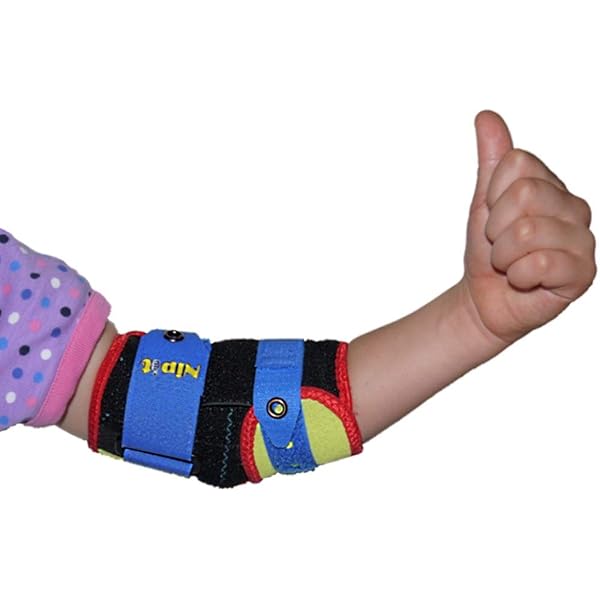Some children develop a thumb-sucking habit. They use it to soothe and comfort themselves. Unfortunately, they can damage their teeth and develop worms from sucking on a dirty finger. Childhood thumb sucking can be an unhealthy and social stigma. This stage is when parents should intervene and help their children break the habit. Some of the ways they can do this are:
Here are a few additional tools to help parents about when and how to stop thumb sucking in addition to our thumb guard.
You can also opt for (Age 2-7) STOP Thumb Sucking – stop FINGER sucking – The Hand Stopper thumb guard for thumb sucking at amazon.ca

Reward system – a game-playing and reward-based system work best. Use a calendar to mark the days your child does not thumb suck. Small gifts can be rewards.
Therapeutic trials – try reverse psychology by showing how he ignored the other fingers on the hand. Give him/her a timer to make sure each finger gets the same time. It really helps in breaking the habit.
Create distractions – if you notice that he is being sucked, and then try to engage him/her in a fun and constructive activities. Make sure it is something that requires the use of both hands.
There are many different recommendations about how to stop sucking her thumb. Parents can consult with a doctor or dentist for advice before making a final decision. Sometimes a combination of solutions works well. It is important for the child to stop the habit before their permanent teeth come in. Damage can affect the health and appearance
